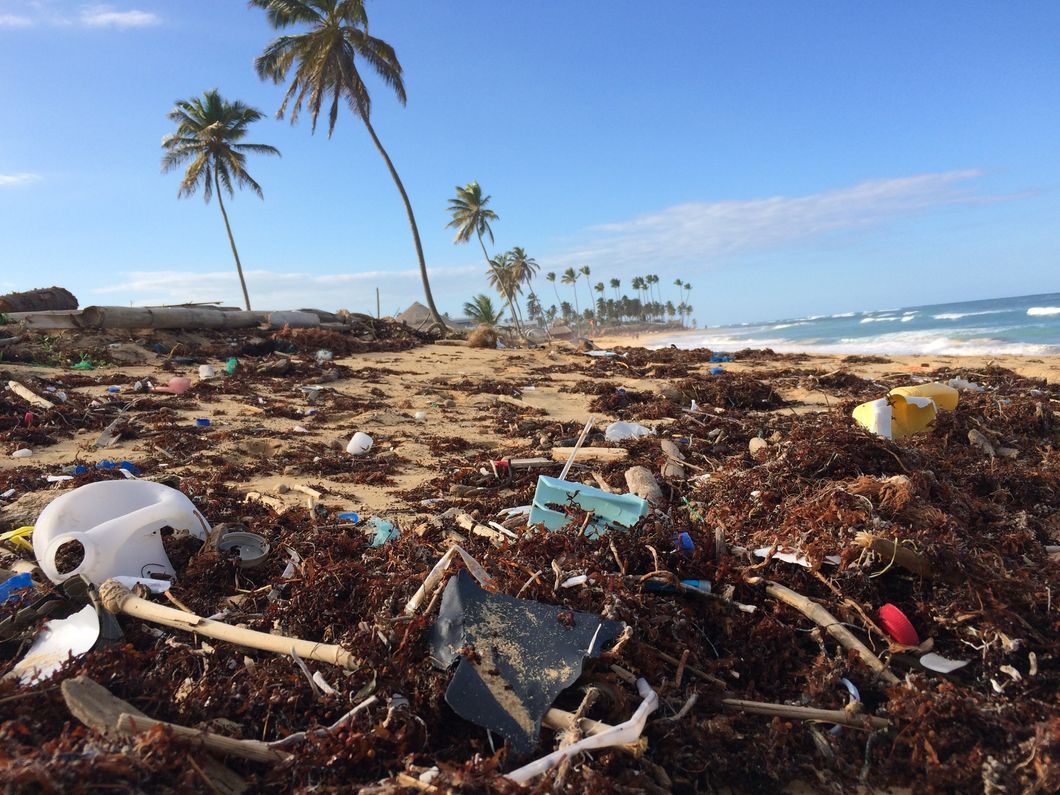Sustainability is a tricky term. Most people that hear about it eventually put in the back of their minds, the same place they put "student loans" and "crippling depression." Most people know that to adhere to this ideal would mean to change how they live.
Sustainability is about adopting behaviors and systems that will ensure that the Earth is around for many generations after ours. Sustainability aims to preserve the Earth in terms of seven generations ahead. Seven generations after ours and societies on Earth will be using entirely different systems than what we do now, therefore, we should start this process now to ensure that they will be able to live comfortably and sustainably.
This is where most people tune out, understandably so. It's hard for us to think about the implications of our actions and how they will affect life on Earth much after our own deaths. It suddenly seems like an incomprehensible problem that no one person can ever solve.
"My actions won't make a difference," most people say, convinced that just because they stop eating meat or buying plastic or start drinking from paper straws, that nothing will change. However, what they fail to consider is how their actions will influence the minds of others around them, and one person who stops eating meat or using plastic sends a ripple effect through the people surrounding them. One person making lifestyle changes in the name of sustainability leads others to suddenly consider, "maybe I should eat less meat?" or "maybe I won't use single-use plastics anymore?"
The idea is not that any one person picking up plastic on the beach is going to save the planet, but rather that through education and awareness, we will all take small steps to preserve our home. Large groups of people all taking small steps leads to big changes, and politics and the economy will follow the demand of the people.
The most difficult thing for most people to do is to adopt those small behavioral changes. Not everyone can afford to stop eating meat, but everyone can afford to opt out of single-use plastics. Buying a personal water bottle is one easy way to do this. Stop buying plastic water bottles just to throw them away. If you need to buy them, make sure to recycle them. Instead of taking plastic silverware and straws from restaurants, bring your own reusable set.
Understandably, most of you are already cringing. It's hard to go against the grain and commit to living a plastic-free lifestyle for the sake of sustainability. And what about when you go to Chipotle with your zero-waste kit and somebody asks you a question about why you have that? Fear or convincing themselves that it's "inconvenient" will keep most of you from adopting these little changes that, over time, make a huge difference in the amount of plastic we put in our oceans.
Although we can't all be leaders of huge sustainability efforts to clean our oceans or buy an electric car, we can all make small changes to mitigate this tragic problem. On our current track, the last half of our lives will be starkly different from the first half, for the worse. Educate yourself and be part of the solution instead of the problem.




 Energetic dance performance under the spotlight.
Energetic dance performance under the spotlight. Taylor Swift in a purple coat, captivating the crowd on stage.
Taylor Swift in a purple coat, captivating the crowd on stage. Taylor Swift shines on stage in a sparkling outfit and boots.
Taylor Swift shines on stage in a sparkling outfit and boots. Taylor Swift and Phoebe Bridgers sharing a joyful duet on stage.
Taylor Swift and Phoebe Bridgers sharing a joyful duet on stage.













